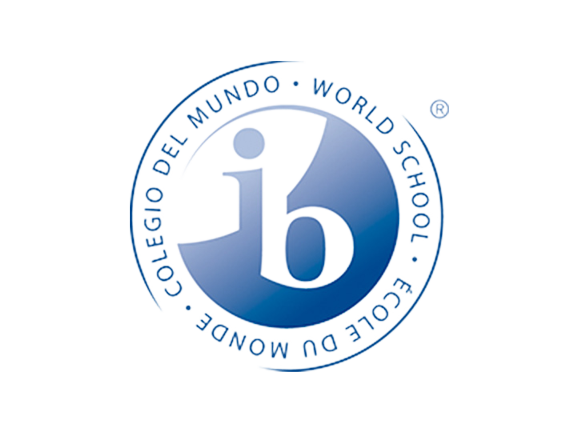Robotics – is an intensively developing scientific and technical discipline that studies the theory, methods of calculating and designing robots, their systems and elements, and also the problems of complex automation of production and scientific research using robots.
Robotics is an applied science engaged in the development of automated technical systems (from robotics and technology). Robotics as a discipline has wide integration links with electronics, mechanics, and programming. There are construction, industrial, household, aviation and extreme (military, space, underwater) robotics. Educational robotics is a relatively new and actively developing area in the training of technical specialists. The reasons for the growing popularity of this applied science are dictated by time: the introduction of numerically controlled systems in production, the distribution of “smart” devices, the equipping of sensors and microcontrollers of premises and cars – robots are involved in all these processes, in one form or another. And since such equipment is widespread, specialists who know the structure of machines, understand the principle of their operation and the processes taking place in them, as well as having the ability to program their work and troubleshoot, are also urgently needed.
Not all educational institutions can be trained on industrial equipment because of its high cost. And its availability is not always justified, as during the training of a specialist the equipment of the enterprise is outdated and replaced by a more advanced one. The most important task is to teach the basic principles of robotic equipment rather than to focus on working with specific models of robots, machines, etc. The basic principles include programming microcontrollers, reading information from sensors, outputting information to devices, working with servos, interacting with other robots, etc. Training robots, such as LEGO NXT Mindstorms, are perfect for this purpose, which can be equipped with various sensors, stepper motors, LCD display, beep, Bluetooth module for communication with other robots. In addition, the robot parts allow you to assemble completely different models that demonstrate examples of automatic processes, for example, in production.
Goal
To teach modern technology of robotics, programming, design.
Objectives
- LEGO educational program training: design and programming of robots from LEGO MINDSTORMS constructors;
- Learning the basics of programming LEGO MINDSTORMS NXT, LEGO MINDSTORMS EV3;
- Training and participation in school robotics competitions.
CLUB STRUCTURE
- Classes are held in groups of 12 people 2 times a week. 24 people in total;
- Variable design and programming classes;
- Regular protection of ready-made robot projects.
EXPECTED RESULTS
- Students’ interest in IT disciplines, and in technical creativity;
- Preparation of the Olympiad team for participation in various competitions.


